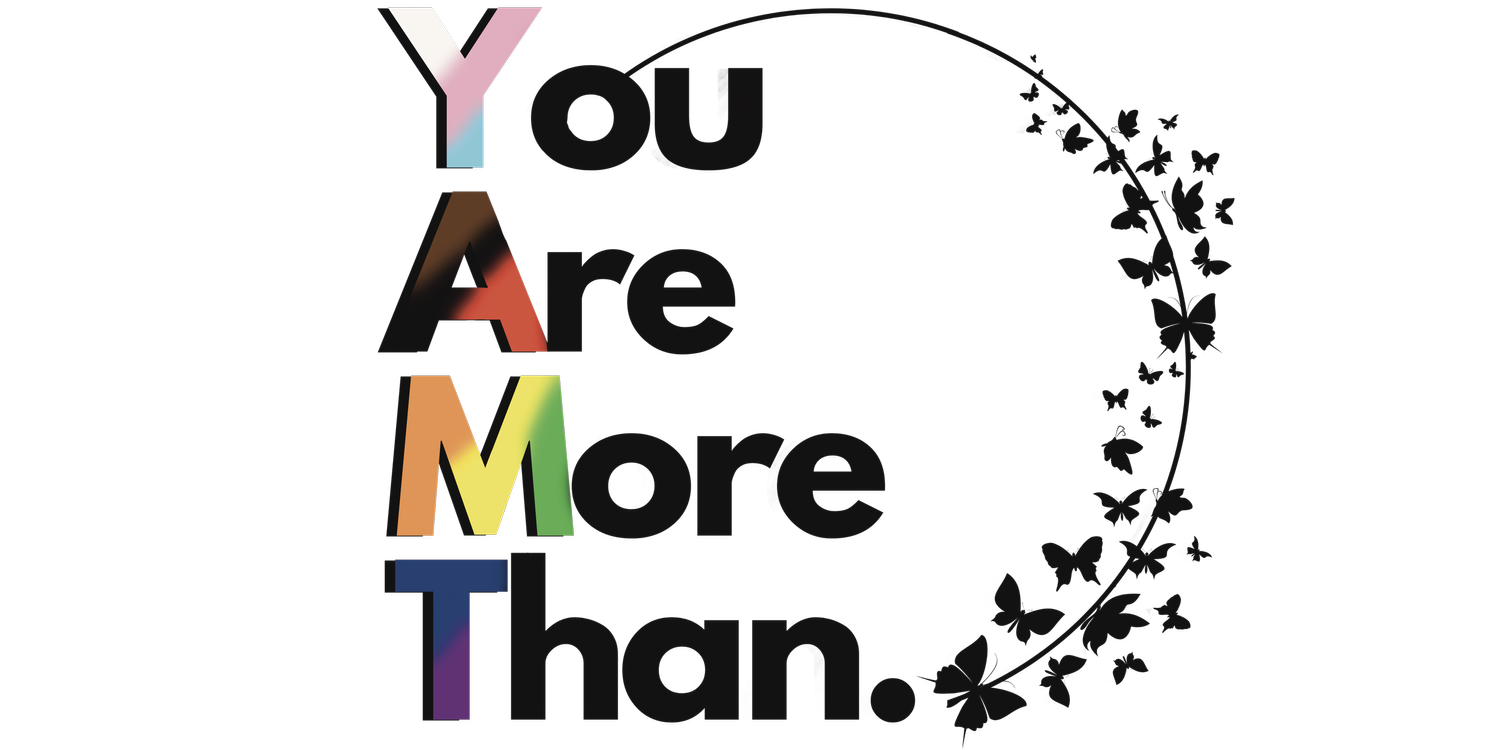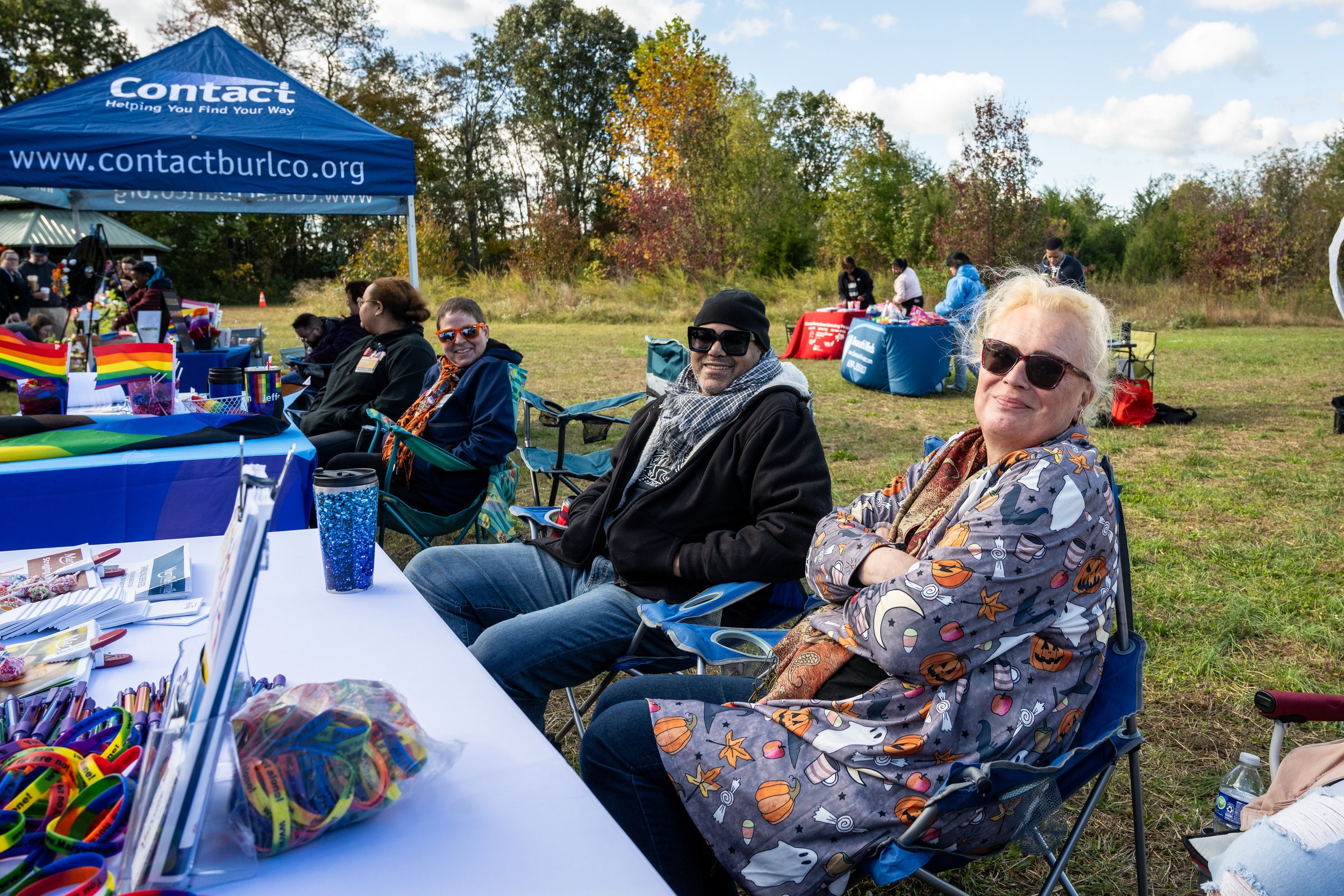Why Flexible Funding is Imperative to YAMT’s Work
Reflection from our Founder Ashante Taylorcox:
This morning, I woke up thinking it was going to be a casual day of doing admin tasks (I like to do them early Saturday mornings so I have more time for direct service work during the week), and one large task we had to wrap up this morning was grant disbursements. In October and January of each year, we open up our funding portal to the survivor community at large so that they have the opportunity to gain access to flexible funding as they work on their long-term goals of healing and well-being. The flexible funding program came about after seeing many of my peers (including myself) struggle to get funding from anti-trafficking organizations when a need arose that didn’t qualify as a “crisis.”
Funding for mental health treatment, psychiatric appointments, funding for school, funding for starting a small business, getting a new cellphone, purchasing a crib so a DCFS case can be closed, paying for wifi, getting new clothes so you can show up to a job well dressed, paying for a kids sports program, etc.
Although some of these things were being offered, a lot of red tape exists for survivors in order to access them.
That access, too, comes with a lot of baggage if survivors are expected to share their story with donors OR if they are expected to pose for pictures or attend a gala, as they should be thankful and need to give back… not noticing the inherent entitlement that orgs would feel to us as survivors just because we received monetary support and the harm that, that entitlement holds.
As a survivor-centered organization, a large core of YAMT’s work is flexible funding, which YAMT defines as the means of providing financial capital/support to survivors of the commercial sex industry based on trust-based philanthropy principles.
YAMT’s work in this space is greatly influenced by the extensive research and implementation of trust-based philanthropy principles modeled by Freefrom, a national organization supporting the movement against gender-based violence.
When a survivor applies for funding under any of YAMT’s programs, YAMT decreases survivors' barriers to accessing financial assistance by trusting and believing the survivor and their capacity to have the skills to utilize the funds as they deem fit. We do not gatekeep the funding survivors have access to, and we aim to shift the culture in the ways government entities and donors understand trust-based philanthropy within the anti-trafficking movement.
We are not the creators of mutual aid, nor is FreeFrom, BUT the way we do the work, specifically in the anti-trafficking movement, is unique.
Our first grant was $100.00, which a survivor used towards their education; today, we have given out
100K of flexible funding to the survivors we serve, impacting 94 clients over the last three years.
At YAMT, we are invested in long-term care, so this is just the beginning!
This number does not include the abundance of funding we have poured into our employment and consulting program by hiring only survivors** (more to come!)
A few lessons we’ve learned after reaching 100K
Being BIPOC and Queer in a country inherently built on colonization, racism, homophobia, and transphobia makes navigating the world post the commercial sex industry difficult.
Funds accessible to survivors who need access to gender-affirming care and LGBTQ+-affirming doctors within the anti-trafficking movement are LIMITED. We still live in a world today where people feel that learning an individual's pronouns is enough for being LGBTQ+ affirming, not taking into consideration all the harm that many LGBTQ+ survivors experience on a daily basis and failing to invest in them as whole people.
Safety for many BIPOC and Queer survivors we serve is under constant threat, and finding justice for that threat, like going to the police or having a safe home, is difficult for survivors to find because many are currently facing housing and food insecurity. Flexible funding supports them in accessing safety.
The most requested funding request from YAMT this year was for funding to cover Food, Clothing and Shelter. Because many survivors we serve are no longer in the commercial sex industry, gaining access to programs that will support them beyond the crisis stage is really difficult and places them in vulnerable positions to be harmed.
Many survivors we serve struggle with ongoing chronic illnesses and disabilities, putting them at higher risk of being harmed by a caretaker (and not being believed or taken advantage of). The field of disability justice rights within the anti-trafficking is severely understudied, and survivors need more resources post the commercial sex industry while living with disabilities. Funding requests for folx living with disabilities utilized fell into the category of support with medical care.
Roughly 30% of YAMT’s larger community is comprised of parents. Many of these parents have gone through the foster care system themselves or have survived Familiar Trafficking and are now deeply entrusted with breaking cycles of generational trauma with the children they love and care for.
On average, a survivor has asked us to support $150.00 a week for babysitting costs so they can continue to go to school or so they can have support maintaining a job.
Of the 30% of parents we serve, 90% live in poverty and are struggling to pay their bills and stay stably housed and food secure.
Many parents looking for housing support and residential treatment face extreme barriers due to limited housing opportunities for trafficking survivors nationally and age limit restrictions for accepting kids, particularly children over the age of 5 years old.
In order to be sustainable, survivors need more than flexible funding. They need wrap-around holistic services that will treat them as whole people, in and out of a crisis.
What does this mean?
When a survivor starts to show signs of improvement in a program and your services are no longer a good fit, who do you refer them to for that step-down of care? How do we continue to invest in them beyond crisis management so they don’t have to do the maintaining part all on their own?
We want to prepare survivors to get out of systems of care, not heavily rely on them. So this looks like supporting them with starting a savings plan, providing them with professional development skills so they can land a better paying job, and talking with them about future planning and what life could look like for them long-term.
We need to support survivors in unpacking their relationship with money in order for sustainability to truly last. The commercial sex industry changes your view of money quickly and harshly in a way that, for many, makes you either want large sums of it (making it unrealistic for the average person), fear it because you are scared you can lose it at any point, frequently give it away because that is what you are used to, or feel extreme shame in guilt when dealing with anything money related because it can remind you of what it feels like to be commodified and see as an object and not a person. Unpacking our relationship with money and our fears of stability and change is important for stability to last.
We cannot continue to sustain this work without donors like you!
The reason our flexible funding program continues to be a success is that we have foundation and corporate donors who believe and trust in the work that we do as an organization, and they provide unrestricted grants that allow us to continue to funnel our funds back into the survivors we walk alongside.
We keep going because individual donors truly see us and see our value in the community for survivors, and without your support, we could not do this work.
Thank you for trusting us, for trusting our teams and leadership to bring transformative work to the survivor community and anti-trafficking movement at large.
Thank you.








